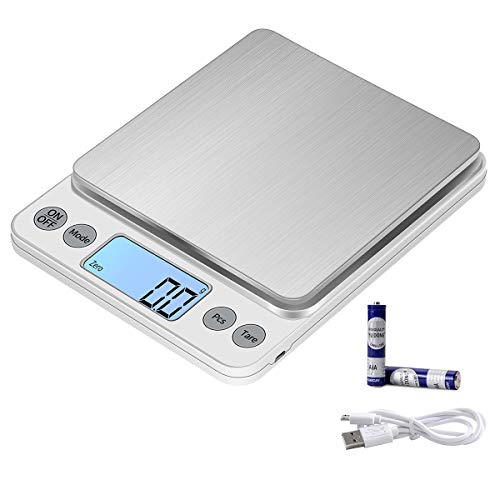Shunt2011 said:
I would like proof that this happens since stated with so much authority
Me, too. I always make my milk soaps with added sugar and I always gel them, and like Jcandleattic, Shunt and SherylG, they gel without any issues. I've been soaping since 2005, and so far I've never developed rancidity in any of my milk soaps, nor have I experienced any volcanos from gelling them. For what it's worth, I always save a bar back from each batch for observation-sake and hold on to it for at least 2 years (oftentimes more), and none have ever developed rancidity.
Having said that, though, I
have experienced goat milk going off in soap, but the soap was one made with a Melt & Pour base, which makes a world of difference since there's no active lye present in MP bases to chemically react with the milk as there is with CP going through saponification. The soap in question was made by soap-maker friend of my sis. She added fresh goat milk from her goats to her MP base, and over the course of a few weeks the soap developed a yucky vomit stench.
I'm not a scientist, so I'm not able to scientifically explain what kind of chemical processes take place that keep milks and finely-ground foodie ingredients from going bad in CP, but no matter what type of food I have added to CP (carrot juice, finely pureed avocado, fresh egg yolks, baby oatmeal, cucumber juice, goat milk, coconut milk, sugar, honey, etc....) none has ever gone rancid in my CP. The only time I've ever heard of rancidity or mold occurring in CP is when folks have used chunks of food (as opposed to liquids or finely pureed food). Chunks leave too much surface area
un-exposed to the lye.
IrishLass

















































